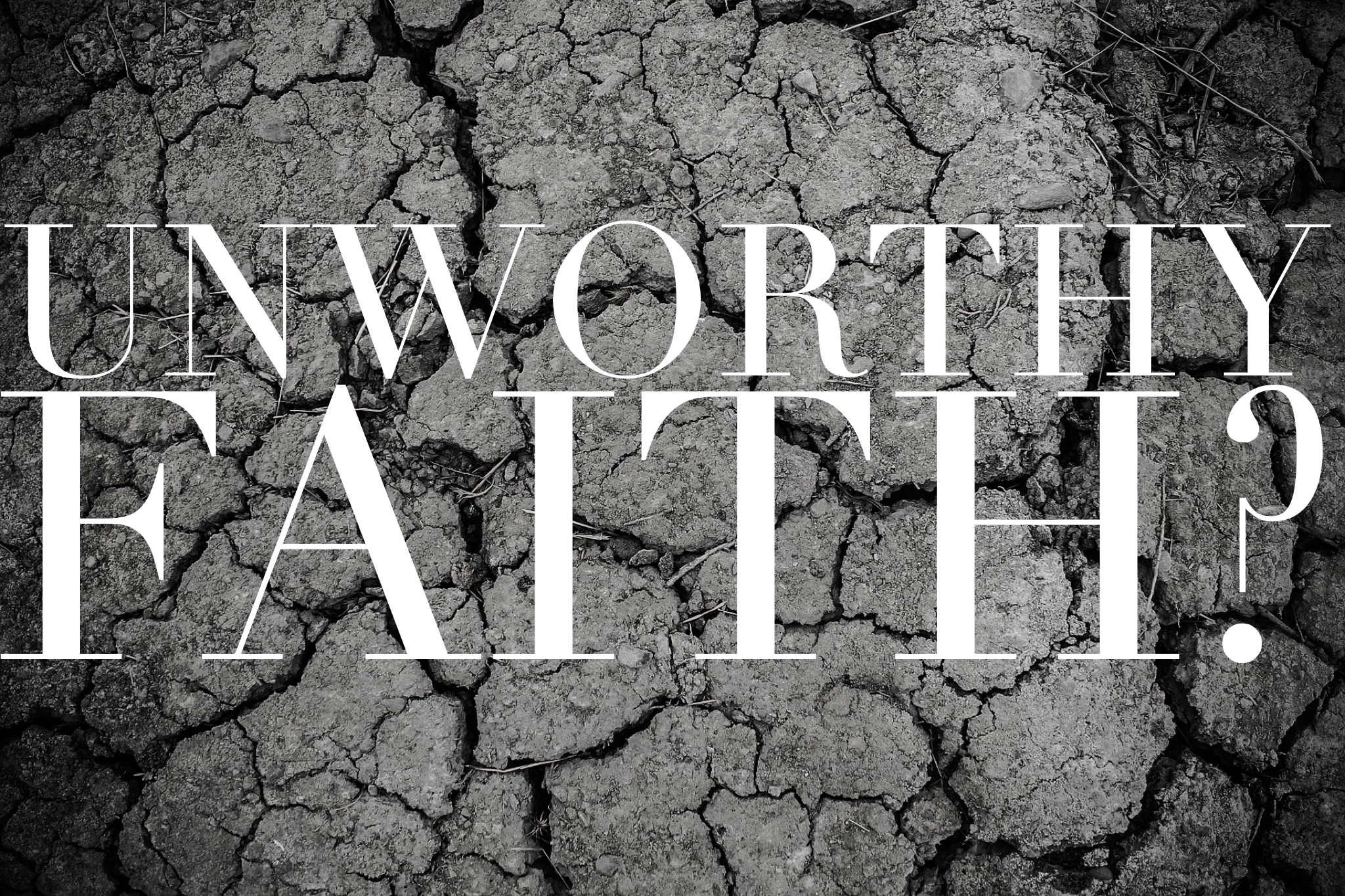I Survived My 20s – Regret
 [Guest Post by Kristin Tennant] – What is this thing people call a “honeymoon period?” Because it’s something the first decade of my adult life was seriously lacking.
[Guest Post by Kristin Tennant] – What is this thing people call a “honeymoon period?” Because it’s something the first decade of my adult life was seriously lacking.
We got married at 22. Sure, we had a honeymoon–a week-long trip to the Massachusetts coast–but it ended the day we pulled back into the driveway of our first home, a small, upstairs apartment in an old house.
Within a week of trying to figure out what it really meant to be married–to share a bathroom and a bed, to make daily decisions together for two rather than just for one–I was sobbing on the phone with my mom.
What had I done?
Who had I married?
How had I made such a horrible mistake?
“Marriage is hard,” my mom said. “Everyone struggles and fights, especially at the beginning.”
I took some comfort in knowing I was not alone, but I also couldn’t help wondering about this so-called honeymoon period, and why we weren’t enjoying even a few months of it.
Instead, we communicated as if we had been raised on different planets. There was a constant, underlying passive-aggressive tension punctuated by angry fights, which were followed by silent recovery periods that only sent us further into ourselves.
We looked after ourselves the way the wounded do, unable to direct any emotional resources elsewhere.
If that was the out-of-control reality inside my marriage, I figured I could at least control the outward image presented to our church and community.
After all, that’s what I had banked on when he and I were 21-year-old Christian college students–the projection of that ideal life I had always dreamed of. I figured if I moved with determination and purpose toward that image, it would become true.
It was those appealing images that lured me down the path toward marriage in the first place–that and a good dose of practicality (I had no one to share an apartment with after graduation), mixed with my Christian upbringing.
Somewhere along the way, I had picked up the idea that God only really cared about two things when it came to romantic relationships.
That I marry a Good Christian Boy and that I not have S-E-X with said Christian Boy until after we were married. Here was a Good Christian Boy who I wanted to have S-E-X with.
So we might as well get married.
We probably would eventually, anyway, so why put it off, right?
Apart from the reality of the fights and tension, the façade of our married life matched my projected image to a tee.
I started my career as a newspaper reporter, supporting my husband as he found galleries to show his work, establishing himself as an artist. We filled our apartment with books and music, and funky second-hand furniture. We hosted potlucks for friends who brought over guitars for music-making late into the night.
It was the life I had imagined for us, so I made it happen.
I was a writer after all, a storyteller, a romantic, so I went to work forming the outline of our narrative–the image most people around us saw and admired. But that outline was filled in with a deep fear and grief stemming from a question we dared not utter: Had we made a terrible mistake?
Where is God in a life that’s crafted from false understandings and shear willpower?
But I couldn’t see.
I didn’t have all the information, the wisdom, the perspective, so I kept moving forward, getting through each day in whatever way I could, not understanding how those days would stack up, and where they would lead me.
By the time we felt desperate enough to make an appointment with a counselor, we were nearly seven years into our marriage.
Those 2,800-and-some-odd days had worn deep, ugly patterns and grooves into our carefully decorated landscape—ruts that we had continued to travel in, back and forth, again and again. After three years of counseling, our marriage ended.
The point of this story isn’t that too-young marriages end in divorce, or even that it’s important to really know yourself before you join your life with another (although I think that’s true).
The point is that I not only survived a really difficult decade of my life, but that I am now able to thrive precisely because the façade I was living behind shattered.
I was finally able to see that God never wanted me to craft a picture-perfect life, or to try to be someone other than the person he created me to be. He only ever wants me to be whole, in a way that naturally glorifies him and blesses the people around me.
I believe God hates divorce, but he also hates marriages devoid of compassion and love.
God was there through the pain, teaching me, healing me, and ultimately redeeming the mess my ex-husband and I had made.
I didn’t see that redemption play out in my life until my 30s, but it’s because I survived the regret of my 20s, trusting God’s love and goodness along the way, that I was open to God’s redemption when the time came.
In 2007, I married an amazing man I met at a church I started going to a few months after I thought I had left church for good.
So many aspects of who I am–and how I see myself, God and the world–have been made new. This is the verse I carry with me each day, and the verse I leave you with now:
“Therefore, if anyone is in Christ she is a new creation; the old has gone, the new has come!” (2 Corinthians 5:17).
Kristin Tennant (@kt_writes) has been a freelance writer for ten years. In 2007 she began blogging about family, faith, struggle and redemption at Halfway to Normal (www.halfwaytonormal.com), and she now also writes a column for RELEVANT. Her essays have been included in two anthologies: Not Alone: Stories of Living With Depression, and Ask Me About My Divorce: Women Open Up About Moving On. Kristin, her husband Jason, and their three daughters live in Urbana, Illinois, where they love cooking and sharing meals and conversation with friends.








